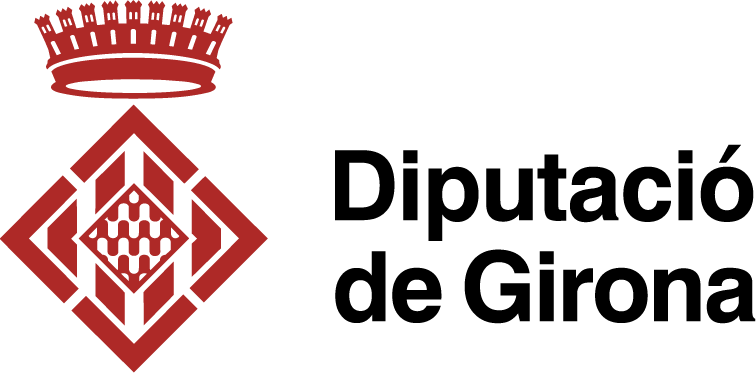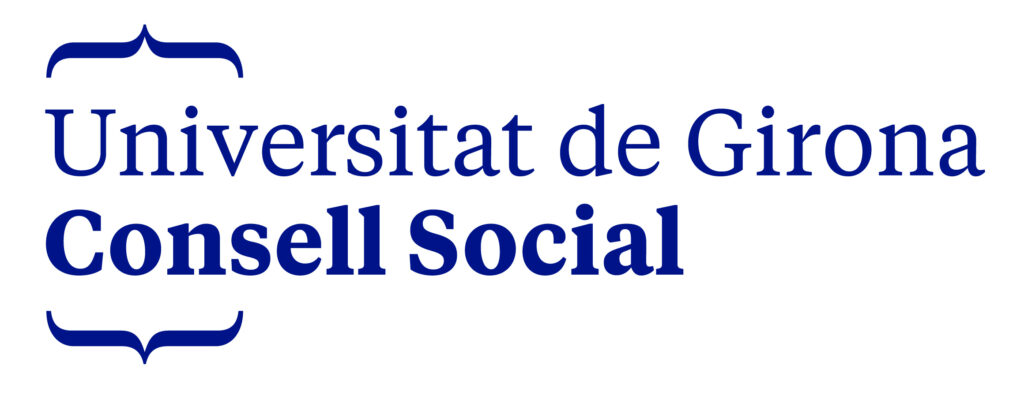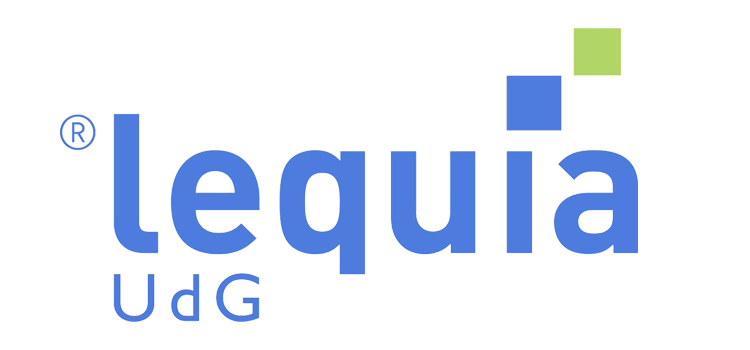Commoning for degrowth, Giacomo D’Alisa (ICTA-UAB)
Monday 11th July, 12.00-13.30, Cerbère
Social scientists, in particular economists, have typified goods and services in order to study analytically their characteristics and how well they fit with self-regulatory mechanism of markets. Two main characteristics of goods and services have been considered worth investigating: a) their degree of rivalrousness and b) their level of excludability. According to this line of reasoning, a good or a service is a commons if it is highly rivalry and it is difficult to exclude the people that want to appropriate it. This is why for commons the market is not the “natural” arrangement. Indeed, markets function properly i.e. they allocate efficiently the scarce resources only when the property rights can be clearly assigned, or differently when people that do not pay for the good can be easily exclude from it. On the other hand, the commons have been associated with ‘pre-modern’ or ‘underdeveloped’ communities and regions. In modern and industrialized context the question about who should produce a certain goods or service have had two polarized answer: public versus private enterprise. The former should produce those goods and services that are characterized by low level of rivalry and it is highly difficult to exclude those that do not pay for it, such as the national security. The latter should produce those goods and services that are characterized by high level of rivalry and it is easy to exclude those that do not pay for it, such as bread. Market supporters in neoliberal era have gain more and more legitimacy showing that a pure public good (not rivalrous and not excludable) actually does not exist. As a consequence public intervention in the economy has continuously been shrinking for decades now. At the same time, Elinor Ostrom’s 2009 Nobel Prize in economics brought the question of the commons to the centre of academic attention. Ostrom demonstrated that self-organized groups often find ways to pool efforts together, devise institutions, and govern their shared resources sustainably and that commons should not be considered a relic of the past. On the contrary, new commons are constantly and actively constructed: from urban gardens and occupied squares to political movements and open source software and hardware or knowledge platforms. Today the commons inspire initiatives from food cooperatives and social clinics, to Wikipedia (sustained with the voluntary work of 25 million editors), to movements against the privatization of public utilities and for the cooperative management of water in cities, to political parties like ‘Barcelona en Comú’, which last year won the elections of the Catalan city. All these practices show that commons is not just a resource with a certain characteristics. The commons is a shared common-pool resource, collectively managed by a group of people. A set of communally defined and enforced institutions (rules) governs the use of the common-pool resource at stake. The people involved (“commoners”) in the production and use of the commons (re)produce these institutions through their networked collective action (“commoning”).
But is this continuous process of commoning a degrowth project?
Background reading material:
Helfrich, Silke and David Bollier. 2014. Commons. In: Degrowth. A vocabulary for a new era. Giacomo D’Alisa, Federico Demaria, Giorgos Kalliseds. Oxon: Routledge.
Fuster Morell, Mayo. 2014. Digital Commons In: Degrowth. A vocabulary for a new era. Giacomo D’Alisa, Federico Demaria, Giorgos Kalliseds., pp. 1-17, Oxon: Routledge.




